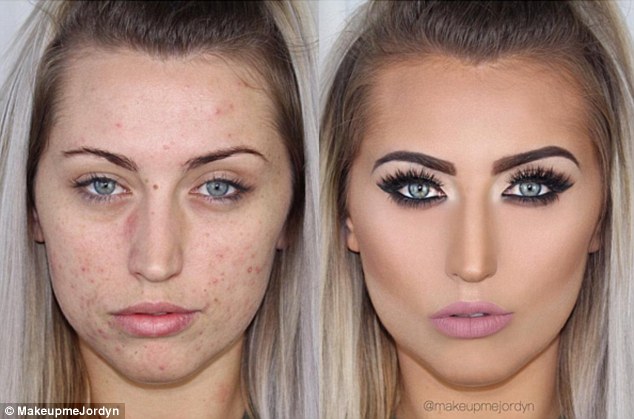Acne Control & Pimple Treatment

Acne Control & Pimple Treatment
Acne scars are stubborn, and no single treatment is best for everyone. However, various procedures can improve your complexion. Laser treatments - In laser resurfacing, a laser beam destroys the outer layer of skin. As the wound heals, new skin forms. Less intense laserscause less damage, but are also less effective.
Other energy-based procedures. Pulsed light sources and radiofrequency devices help create new skin without damaging the outer layer of skin. After several treatments, acne scars may appear less noticeable.
Dermabrasion - This procedure involves removing the top layer of skin with a rapidly rotating wire brush. Surface scars may be completely removed, and deeper acne scars may appear less noticeable.
Surgery - In some cases, surgery to remove deeply indented acne scars is an option. A minor procedure, called punch excision, cuts out individual acne scars. Stitches or a skin graft repairs the hole left at the scar site.
Tissue fillers - Injecting collagen or fat under the skin and into the acne scars can fill out or stretch the skin, making acne scars less noticeable. Results are temporary, so you'd need to repeat the injections periodically. To determine what's best for you, discuss the pros and cons of each procedure with your doctor or dermatologist.
Treatment for depressed acne scars
- Acne scar surgery
- Resurfacing: Laser therapy, chemical peeling, dermabrasion, microdermabrsion
- Fillers
- Skin tightening
- Collagen-induction therapy, aka needling
- Electrodesiccation
- Treatment for raised acne scars
- Injections (corticosteroids, interferon, 5-FU, etc.)
- Acne scar surgery
- Laser therapy
- Cryosurgery
- Scar creams and gels, silicone (dressing and bandages)
Pimple Treatment
Pimple scars essentially come in two forms: early acne scars that are really just blemishes that later go away, as well as longer-lasting acne scars that are pock marks in the tissue of the skin. The bad news is that serious, untreated acne can cause both types of scarring. The goodnews is that blemishes can be almost completely removed from the skin, and even longer-lasting acne scars are beginning to be significantly reduced with the help of medical technology.
Acne comes in different forms:
mild acne, which refers to the whiteheads or blackheads that most of us get at various times
acne, which includes red inflamed pimples called papules and red pimples with white centers called pustules severe acne, which causes nodules — painful, pus-filled cysts or lumps — to appear under the skin Most serious scarring is caused by the more severe forms of acne, with nodules more likely to leave permanent scars than other types of acne.
The best approach is to get treatment for acne soon after it appears to prevent further severe acne and more scarring.
Acne scars: Treatment and outcome Safe and effective treatment for acne scars begins with a consultation. During the consultation, a dermatologist will examine your skin, playing close attention to your scars. A dermatologist will also ask you some essential questions.
To get the most from your consultation, many people find it helpful to answer the following questions BEFORE meeting with a dermatologist:
Why do I want to treat my acne scars?
Treatment is not for everyone. Some people feel that the scars are not so bad. Others feel that the scars affect their everyday life. Dermatologists often recommend treatment when someone answers “yes” to one or more of the following questions:
Do I often wish that I could get rid of my acne scars?
Do I feel that my scars limit my opportunities to date, get a job, advance my career, or perform well in school?
Am I less social now than before I had acne scars?
How do I want to look after treatment?
Some people want less noticeable scars. Others wish to eliminate wavy skin texture. What can I afford to spend on treatment? Medical insurance does not cover the cost. How much downtime can I afford? Some treatments require downtime. How much time will I devote to getting treatment and caring for my skin? Your answer will help determine which treatments will be best for you. How do dermatologists treat acne scars? If you and your dermatologist believe that treatment is right for you, your dermatologist will create a treatment plan tailored to your needs. In creating this plan, your dermatologist will consider many things, including scar types and where the scars appear on your body. If you have taken isotretinoin to treat acne, be sure to tell your dermatologist before treatment for acne scars begins. To obtain the best results, your dermatologist may recommend more than one treatment. For example, if you have a deep boxcar scar (often looks like a large pore), laser therapy and a type of acne scar surgery called “subcision” may be necessary to give you the results you want.
The following tables list the treatments that a dermatologist may use. Your dermatologist relies on in-depth medical knowledge to determine which treatments are best for you.